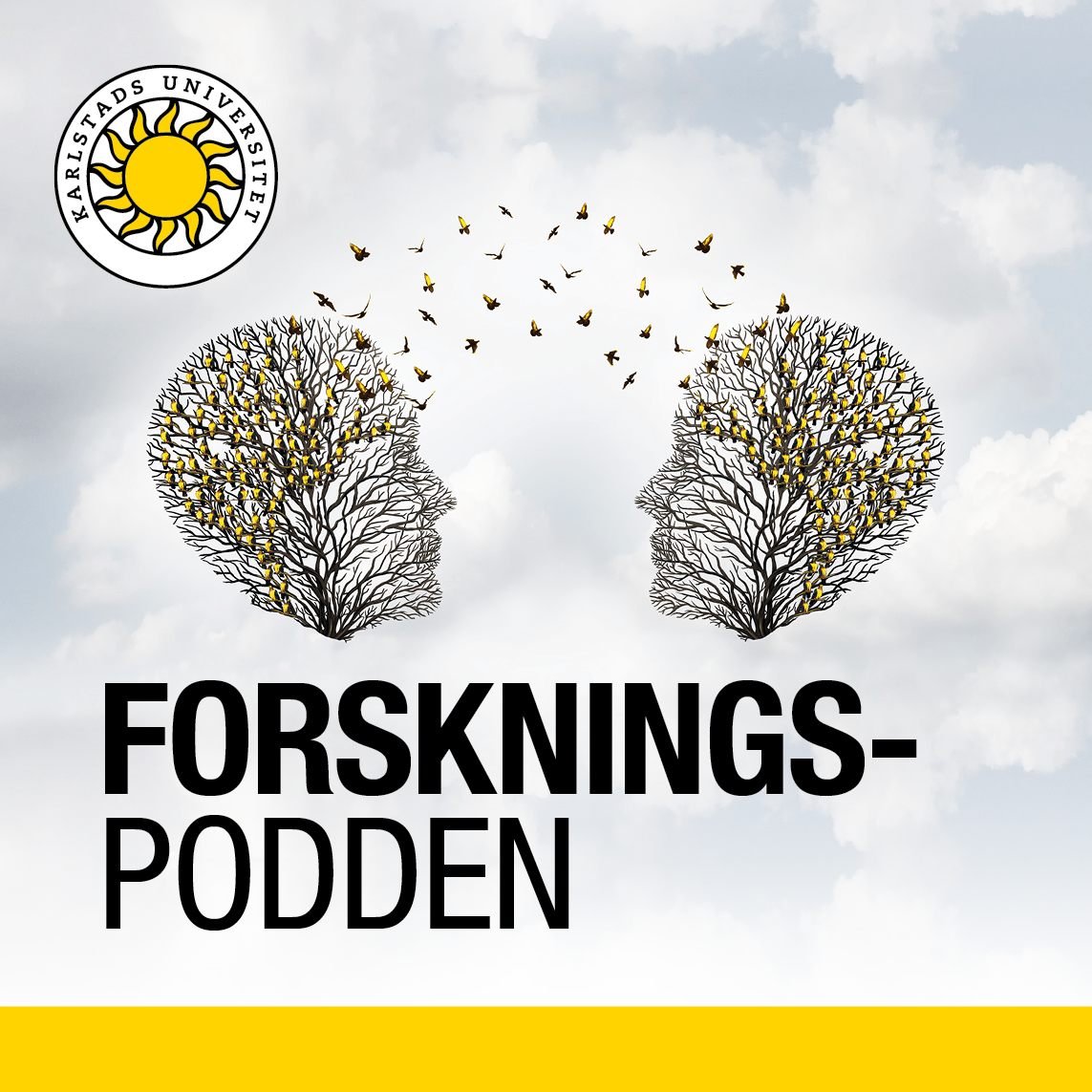In this episode of Forskningspodden, we sit down with Lazarus Fotoh, researcher at Karlstad University, to talk about how technology is starting to change the way audits are done. Drawing on his doctoral research, he shares how tools like AI can make audits more efficient, more effective and help close the gap between what people expect from audits and what they actually deliver. But if the tech is so promising, why isn’t it used more? Lazarus walks us through the challenges, from outdated rules to resistance to change. We also touch on simpler tools that help auditors in uncertain times, even if they can’t handle everything. Join us for an interesting conversation about where the field is going, and what needs to happen for it to get there.
You can read the whole thesis here Technologies in External Audits: Current Impacts and Future Implications
Podcast: Play in new window | Download
Subscribe: RSS

